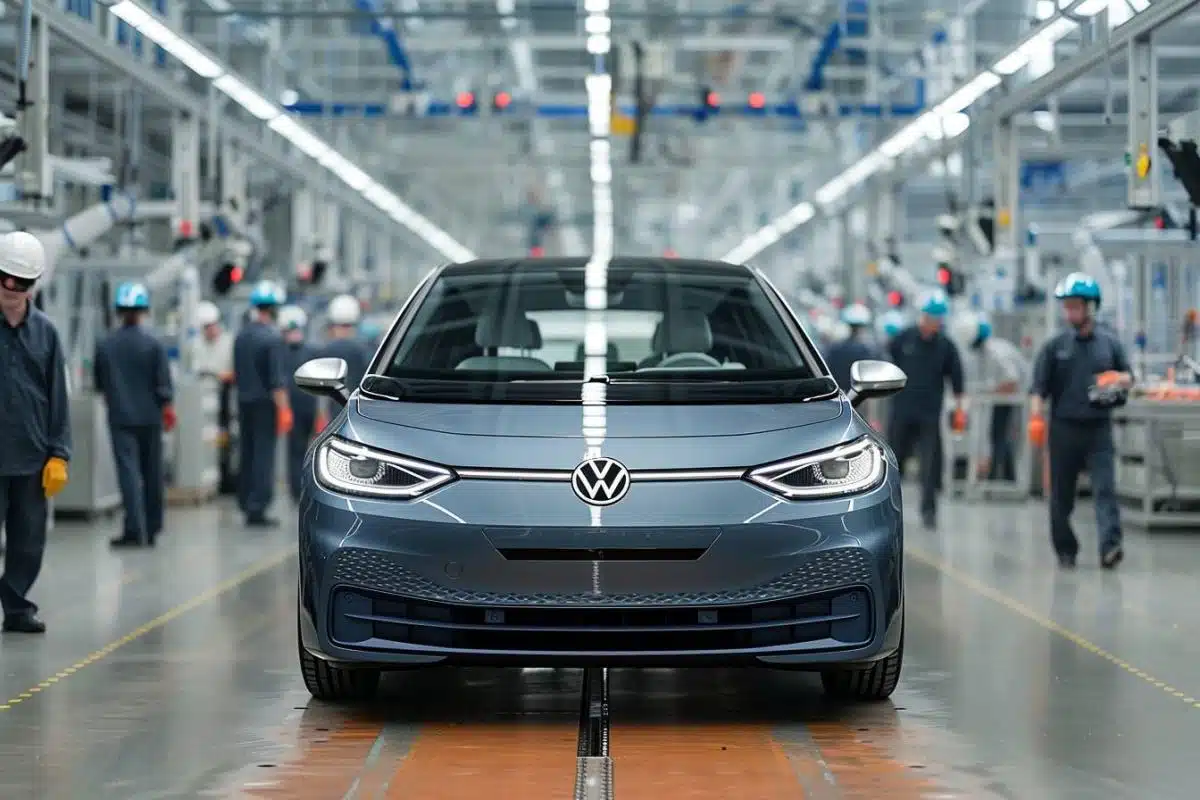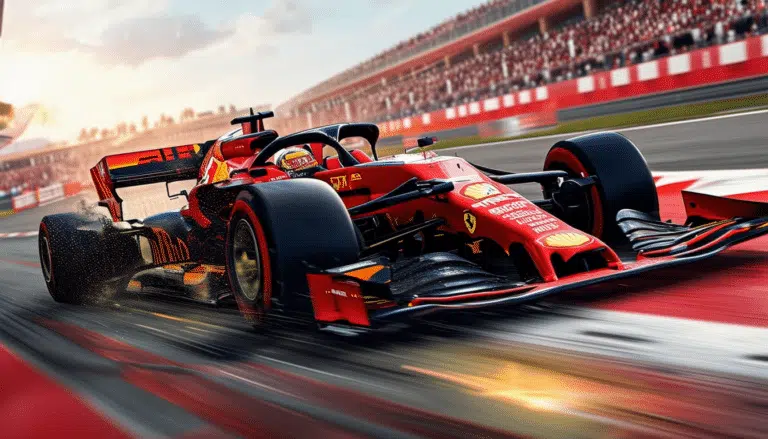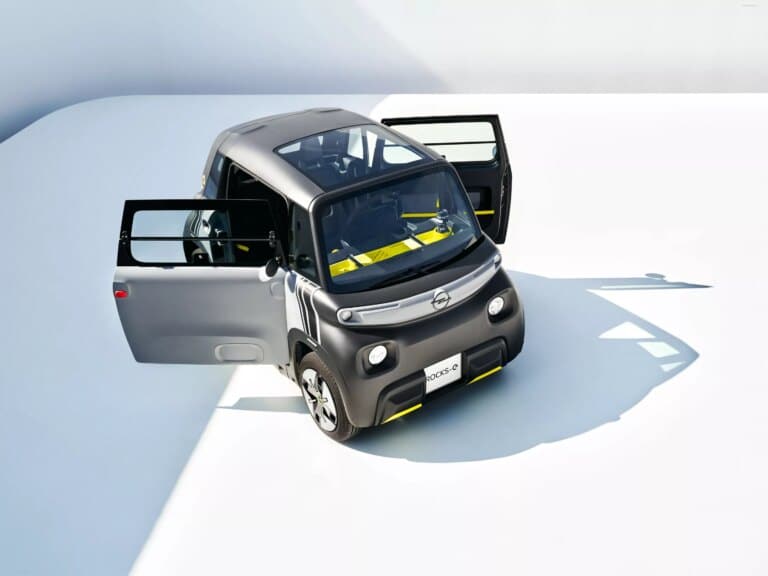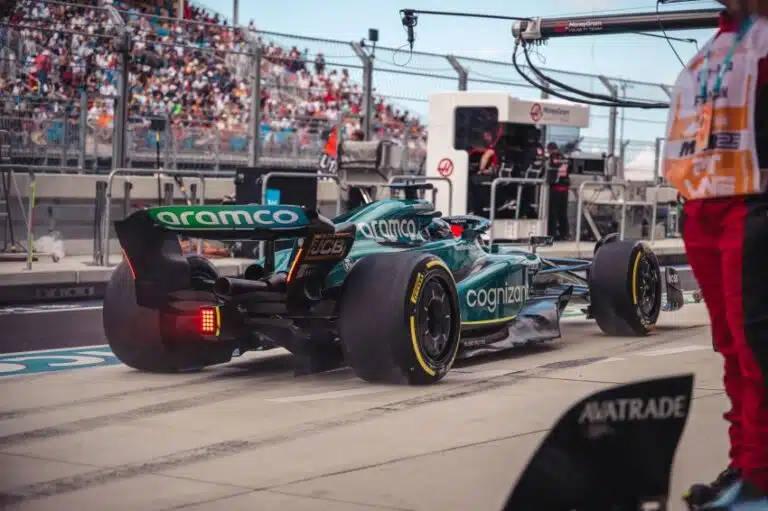Volkswagen will invest USD 5 billion in a software company for cars in collaboration with Rivian

The recent announcement by Volkswagen and Rivian regarding their joint investment of USD 5 billion in a car software company has captured the attention of the global automotive industry. This collaboration promises to revolutionize the landscape of automotive software, a crucial aspect of the future of electric and autonomous vehicles.
Volkswagen and Rivian: a strategic alliance in the automotive sector
Volkswagen, one of the oldest and most recognized automotive giants in the world, has decided to take a significant step toward the future through this strategic collaboration with Rivian. For its part, Rivian has emerged as one of the most promising startups in the electric vehicle space, with vehicles like the R1T pickup truck gaining great recognition.
The investment of USD 5 billion will be allocated to the development of advanced software for vehicles, an essential element for the evolution and advancement of automation and autonomous driving. This strategic move also reflects the trend in the automotive industry toward the integration of complex software and artificial intelligence capabilities in modern vehicles.
In the context of 2024, the need to innovate and adapt to new automotive technologies is more urgent than ever. Automotive companies are seeking not only to improve the efficiency and performance of their vehicles but also to provide unprecedented user experiences. Software plays a crucial role in this, from infotainment systems to autonomous driving technologies.
In analyzing this collaboration, it is important to consider the impact of MirrorLink, which has allowed drivers to use Google Maps in their cars, paving the way for new possibilities of technological integration. This alliance also aims to follow in the footsteps of Tesla, which has led the revolution of autonomous driving with its notable technological innovations.
Impact of the collaboration on automotive software development
From my focus on design and automotive mechanics, I can assert that this collaboration between Volkswagen and Rivian has the potential to mark a turning point in automotive software development. The investment will focus on several key aspects:
- Development of autonomous driving systems: the goal is to create solutions that can operate with greater precision and safety.
- Improvements in infotainment integration: from navigation to entertainment, software will play an essential role.
- Optimization of energy consumption: through software that efficiently manages the resources of electric vehicles.
- Cybersecurity: protecting vehicle systems against potential threats and attacks, as highlighted in the new multi-billion market that startups are seeking to protect their cars against hackers.
One of the most exciting aspects of this collaboration is the possibility of seeing how Volkswagen’s experience in vehicle manufacturing combines with Rivian’s disruptive innovation in the field of electric vehicles. This synergy could lead to significant advancements in the industry, similar to the changes presented at MWC.
The evolution of automotive software could also generate a cascading effect in other technological areas related to vehicles. For example, many of the technologies from our cell phones are now integrated into our cars, making connectivity an integral part of the driving experience.
Landing software technology for the end user
As a design and automotive mechanics enthusiast, I am intrigued by how this investment will benefit the end user. Today’s consumers are looking for vehicles that are not only efficient and powerful but also offer a seamless and integrated user experience.
First, autonomous driving promises to be one of the most impactful developments. Autonomous driving systems, like those the joint venture will develop, will be able to analyze the vehicle’s environment in real-time, make decisions, and act accordingly. This will not only improve road safety but also allow users to enjoy a more relaxed and secure journey.
Secondly, optimizing infotainment will be crucial. Imagine a system that allows you to operate your navigation, music, and other services with just your voice, or that automatically connects with your mobile devices to offer a personalized experience. It will be similar to what Google Maps in combination with MirrorLink offers, a functionality highly appreciated in modern vehicles.
Finally, cybersecurity will become a fundamental aspect. The growing connectivity of vehicles makes them vulnerable to cyberattacks, so having advanced security measures will be imperative to protect both the vehicle’s systems and users’ personal information. This is a topic that many startups are already addressing, as mentioned in the analysis of how they protect their cars against hackers.
The importance of embracing technological innovation in the global automotive industry
The advancements announced by Volkswagen and Rivian will not only influence their respective product lines but also the future direction of the automotive industry. The integration of advanced software will redefine not only vehicle design but also their performance and the way we interact with them.
For automakers, continuous technological innovation is vital. The collaboration with companies like Rivian demonstrates Volkswagen’s recognition that the future of automotive is electric, digital, and autonomous. This reinforces the idea that true technological innovation is not limited to improving individual aspects of vehicles but completely transforms the experience of driving, integrating, and owning a car.
In conclusion, the collaboration between Volkswagen and Rivian in automotive software development represents a significant step toward a more connected and efficient future. This joint investment will not only drive the evolution of electric and autonomous vehicles but also benefit consumers by providing them with a better user experience and enhanced security.
It is fascinating to think about all the possibilities that will arise from this collaboration and how they will be integrated into our daily lives. In my opinion, as an enthusiast of design and automotive mechanics, this is just the beginning of a new era where technology and innovation will play a central role in the automotive sector.





